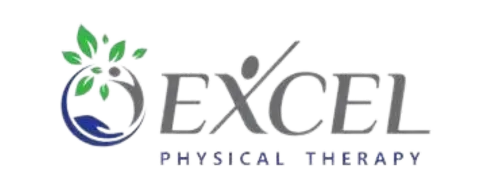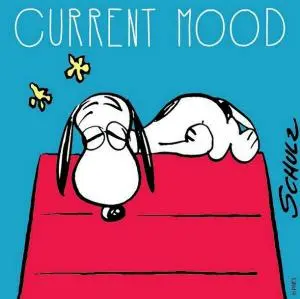Have you ever felt so tired that you can’t do anything? Frequently you can recover after a quick relaxing time or a good night’s sleep, but if tiredness is occurring frequently and lasting longer, it could be a sign of something more serious.
Sometimes we may blame fatigue to aging, but there is no reason you should battle ongoing tiredness. Everyone gets tired sometimes, and your endurance may decline with age — you may move a little slower — but you should never be too tired to appreciate an active lifestyle.
How does tiredness feel?
Being tired can mark you in multiple ways. You do not have energy and desire to exercise. You can’t be attentive and memorizing things. You may get upset faster and lack patience. Socially you become more isolated.
Do you experience any of these?
– waking up without energy, even after a good night’s sleep
– not excited to start your day
– lack energy to even participate in your hobbies
– shortness of breath
Some of the common medical conditions that can create the feeling of tiredness are:
Anemia. If your blood has less than normal red blood cells or those cells have too little hemoglobin, a protein that transports oxygen through the bloodstream.
Heart Problems. If the heart can’t pump the blood efficiently that affects the lungs effective functioning. You are experiencing shortness of breath and decreased oxygen supply to the heart and lungs, making you tired.
Hypothyroidism. An underactive thyroid gland can cause fatigue along with other symptoms such as weight gain, weakness, dry skin, feeling cold, and constipation.
Lack of Sleep. Sleep apnea is characterized by pauses in your breathing, often lasting several seconds, or shallow breathing, while you sleep. It is common among older adults and those who are overweight. Another sleep-related issue is an overactive bladder or enlarged prostate, which forces repeated nighttime bathroom trips. Either of these can disturb your sleep enough to leave you feeling tired the next day.
Depression/Anxiety.Mental health issues often drain energy levels. You may suffer from depression or anxiety and not even know it.
Sometimes even the medication you are currently taking can make you feel tired. Some blood pressure drugs, antidepressants, anti-anxiety drugs, or antihistamines can induce tiredness and sometimes dizziness. Check with your doctor, especially if you have added a new medication or recently increased your dosage.
Some simple solutions are:
Drink a cup of coffee or tea. A little caffeine can jump-start your day, she says. You don’t need more than that, but it can offer a mental and physical lift, especially if you have trouble with morning fatigue.
Go for a short walk (20-30 min). If you can’t get outside, walk around your house in bouts of 10 to 15 minutes, two to three times a day. For proper walking shoes selection go to our Patient Education Section.
Take a nap. A midday nap can help overcome tiredness later in the day. Keep naps to about 20 to 30 minutes, as studies have suggested that napping for 40 minutes or longer can have the opposite effect and leave you feeling groggy rather than refreshed. A
Skip the alcohol. Cut back on your alcohol intake, or even eliminate alcohol for a few weeks. Men may be surprised how much better they feel without a daily drink or two.
The best approach will be to talk to your doctor. A medical checkup can identify issues that may cause fatigue and tiredness. Sometimes, severe fatigue could be a sign of chronic fatigue syndrome, a disorder characterized by profound fatigue that does not improve with rest and may get worse with physical or mental activity.



